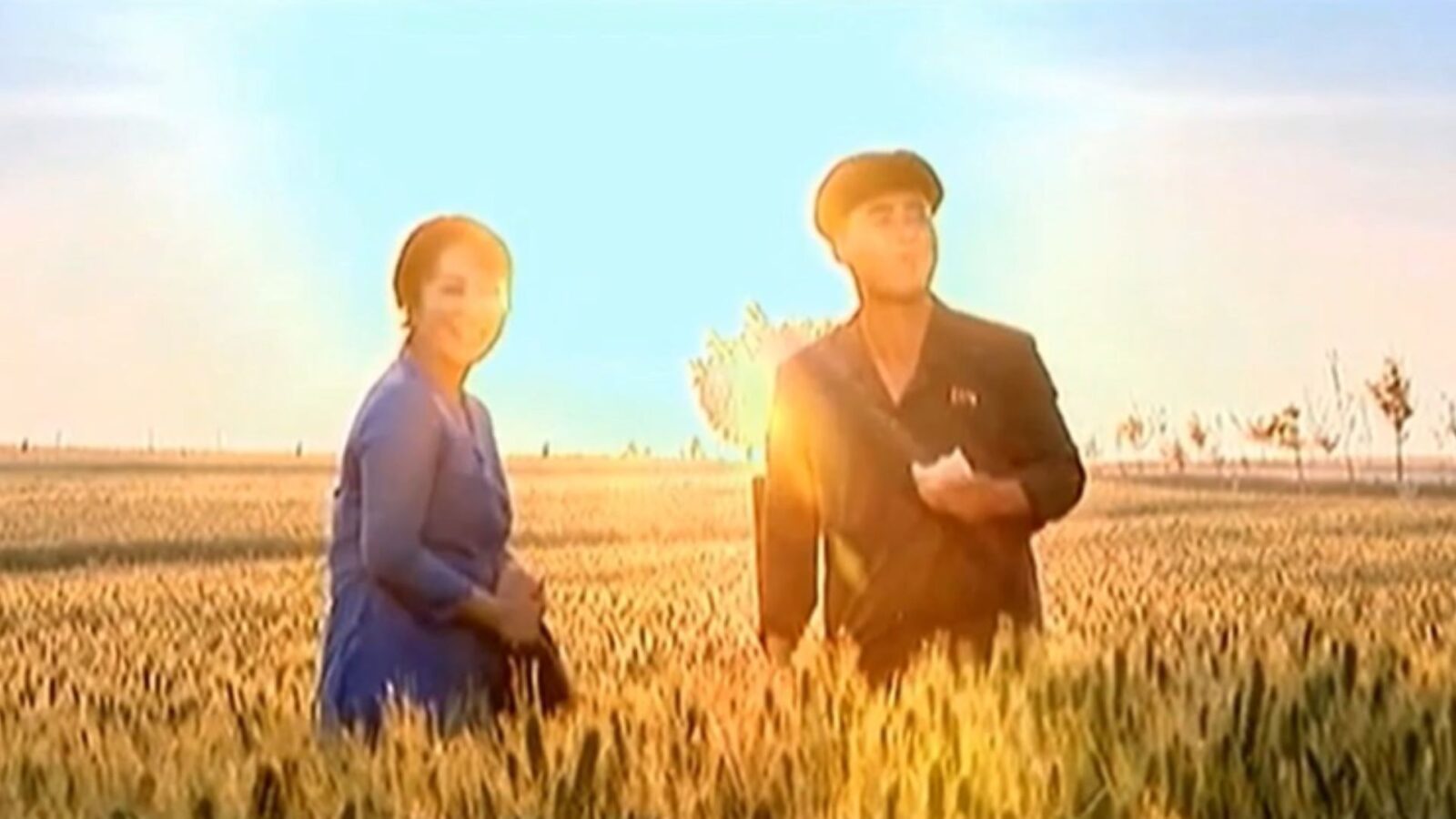North Korean propaganda promotes wheat in diets amid growing ties with Russia

In North Korea, where food security has been a persistent challenge for decades, dietary habits are deeply political. This reality is evident once again as growing cooperation with Russia reshapes the nation’s food culture, with propaganda now promoting wheat while downplaying its foreign origins.
During the Arduous March famine of the 1990s, North Korea launched a so-called “potato revolution,” where state propaganda sought to elevate potatoes as a staple food to replace scarce rice, though the campaign met with limited success. Under Kim Jong Un, rice has been reinstated as the centerpiece of national cuisine. State media, including the 2015 film Rice Flower (벼꽃) about a heroic female rice farmer, has glorified rice consumption, reviving the Kim Il Sung-era slogan “rice is socialism” as “let us protect socialism by rice.”
Since 2022, however, increased economic ties with Russia have brought an influx of wheat to North Korean markets. In response, state propaganda has begun to champion wheat as a valuable yet underappreciated source of nutrition, alongside its continued praise of rice. The new TV serial New Spring in Paekhakpeol (백학벌의 새봄) exemplifies this effort to rehabilitate wheat’s image, linking it to positive social values while minimizing references to Russia’s role in its supply.
Wheat-based products are not entirely new to North Korean media, but their portrayal has shifted significantly. For example, in the 2004 film One Schoolgirl’s Diary, a scene shows the protagonist enjoying Korean twisted donuts (kkwabaegi) during a family picnic, symbolizing abundance but without much emphasis. By contrast, today’s propaganda openly promotes wheat. The TV program Various Foods Made of Wheat extols the nutritional benefits of wheat flour dishes, attributing to them an impressive array of vitamins and nutrients. Notably, it focuses on foreign-inspired foods like sweet cakes and yeast buns rather than traditional Korean wheat dishes like noodles, presenting these treats as healthy despite their high sugar and fat content.
The propaganda campaign is particularly evident in New Spring in Paekhakpeol, where wheat is prominently featured in what amounts to product placement. Lengthy scenes showcasing wheat-based dishes are woven into the narrative, clearly serving as advertisements. The story ties wheat to the wise agricultural policies of the ruling party, embodied by the protagonist, a village party secretary who replaces corn with wheat. Crucially, the wheat consumed is portrayed as “our wheat,” not imported from Russia, echoing past propaganda that hailed a Dutch potato variety as “our potato” during the famine. The serial also emphasizes the nostalgic and emotional appeal of wheat-based foods like udon noodles, dumplings, and steamed buns, dubbing them “childhood foods” and “memory foods.”
For almost 30 years of expertise in the agri markets, UkrAgroConsult has accumulated an extensive database, which became the basis of the platform AgriSupp.
It is a multi-functional online platform with market intelligence for grains and oilseeds that enables to get access to daily operational information on the Black Sea & Danube markets, analytical reports, historical data.
You are welcome to get a 7-day free demo access!!!
Read also
Abbey Commodities – General Partner of BLACK SEA GRAIN.KYIV-2026
Black Sea & Danube Barley Market at a Turning Point: Demand Pressure and Regi...
US Supreme Court rules Trump’s emergency duties illegal
Mercosur: Protective measures for European agriculture
US makes concessions on pulses in new trade deal with India
Write to us
Our manager will contact you soon



